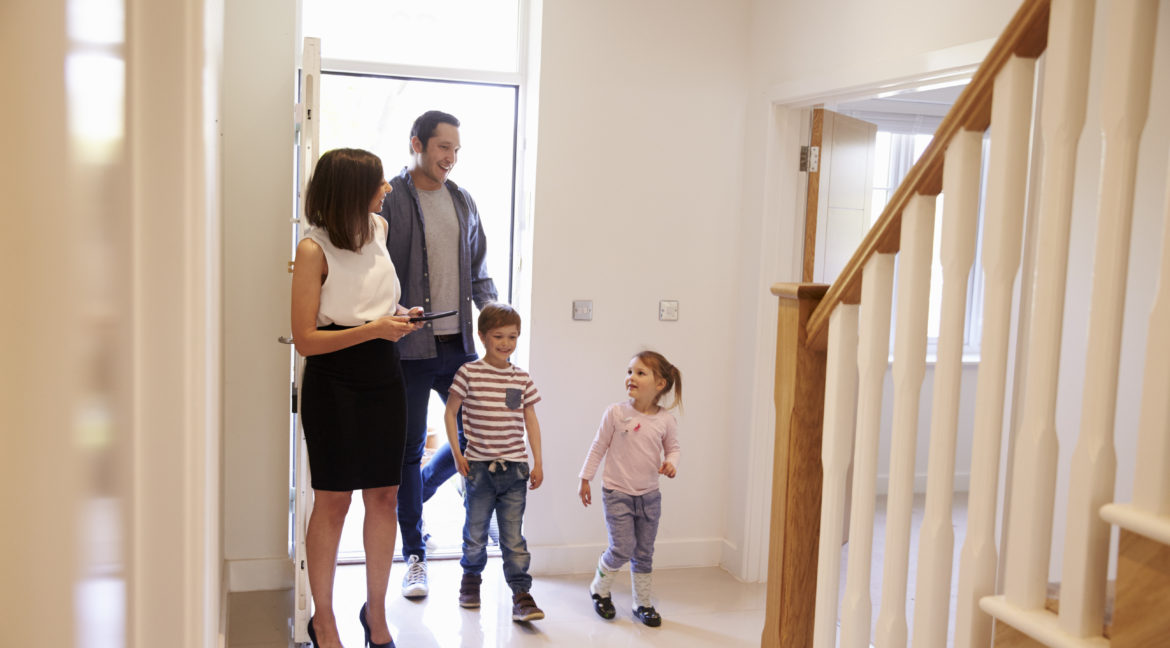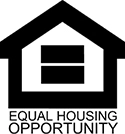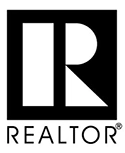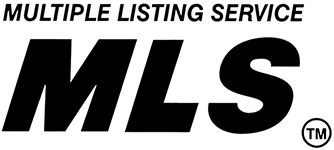When you’re ready to move on to the next stage of your life, you may come to a crossroads when it comes to your living arrangements. Do you want to rent or own a home?
While homeownership used to be a huge prerequisite for obtaining the American Dream, the world is changing. Not everyone wants to tie themselves down to a 15 or 30-year mortgage. However, there’s still the vast majority of Americans to whom homeownership appeals.
Which one are you?
If you’re having trouble deciding which is the best route for you in this stage of your life, that’s okay. We’re here to help.
Follow along as we take an in-depth look at all the pros and cons of renting and owning homes. We’ve broken it down into the most important categories.
Take a look
The Costs
In a society where nearly 80 percent of adults live paycheck to paycheck, one thing we must always consider is the cost. Is it more cost-effective to own a home or rent a home?
Owning a Home
There’s no getting around it, buying a home is one of the biggest financial commitments of your life. The average home in America is roughly $225,000. However, this can be broken down into monthly mortgage payments (probably around $1,100 a month) which is less scary.
There are also one-time expenditures needed to obtain the home which includes a home inspection, realtor fees, and closing costs. Then, there are recurring payments for the mortgage, homeowner’s insurance, property taxes, utilities, and services (cable, internet, phone lines).
Lastly, consider the costs of any repairs and maintenance issues you’ll be responsible for. This also includes any optional renovation projects you decide to do to update or customize your home.
Renting a Home
When you choose to rent a home rather than own a home, you can save upfront on costs, no doubt about it. However, renting a home often means paying more for rent than it would otherwise cost in terms of monthly mortgage payments.
Like buying a home, there will be some one-time payments. These include putting down a security deposit for the apartment and (typically) paying the first month’s rent. There can be other one-time expenses such as paying the last month’s rent or a non-refundable deposit.
In terms of recurring payments, you’re looking at rent, utilities (sometimes covered by the landlord), renter’s insurance, extra rent for pets, and possibly laundry.
On paper, it would seem that renting a home is a lot cheaper than owning a home. However, the costs listed above don’t account for the financial benefits, which are listed below.
The Financial Benefits
In terms of upfront costs, it’s generally much cheaper to rent a home rather than own a home. However, as suggested above, there are financial benefits to each which do tend to turn the tables.
Owning a Home
When you own a home, each payment you make is an investment into the equity of the home. The equity of the home refers to its value versus how much you owe.
For example, after a few years and some updates on a home you bought for $200,000, it may be worth $225,000. However, depending on your payments, you may only owe $185,000. This means you’re sitting on $40,000 of equity.
When you go to sell the home, that’s money in your pocket. You could also refinance it to consolidate your debt, get a lower interest rate, etc.
With some exceptions, the price of real estate trends upward.
Renting a Home
One of the downfalls of renting a home instead of owning one is that each monthly payment is money out the window. While it is, of course, being used to ensure your lodging, it’s money you’ll never get back again.
However, the financial advantage here is that you’re not locked into a long-term loan. While you will have a lease agreement, they’re typically only a couple of years long at most. Many of them start at a year to six months and then taper off to month-to-month leases.
The Freedoms
In America, we are the land of the free and the home of the brave. We pride ourselves on it. As such, we hate when we feel like our freedoms are being taken away.
When you rent or own a home, there are certain freedom-related advantages to each.
Owning a Home
As a homeowner, you have the freedom to do whatever you want in your own home (as long as it isn’t’ against the law, HOA, or city coding). You can plant a garden in your backyard, paint your walls whatever color you want, and decorate however you see fit.
This also includes updates, renovations, and additions. If you want to turn the master bathroom into a bathroom fit for kings and queens, you can. If you want to tear down a wall to open up space in your home, no problem.
Renting a Home
Renting a home binds your hands in terms of decorating, designing, and updating. At the end of the day, you’re renting someone else’s home, you can’t start making permanent changes.
However, when you rent rather than own a home, you have the freedom of flexibility in your life. If you want to pick up and move next year or next month, you’re not tied down by the weight of a mortgage. You can leave the home for a nicer one or leave the state entirely.
The Privacy
Along with freedom, we place a high value on our privacy. While it’s rarely because we’re doing something we’re ashamed of, we don’t like feeling like we’re being watched or judged.
Owning a Home
When you own a home, there’s a strong feeling of privacy and solitude that comes with being within its walls. Whether you own a property with 20 acres or can yell out the window anytime you want to chat with your neighbor, no one is allowed in your home but those you invite.
Additionally, you can put up fences, hedges, and anything else you want to buy of your home.
Renting a Home
Renting a home, on the other hand, means that the owner maintains the right to check in on the house and what you’re doing in it. They can evict you, enforce rules you don’t agree with, etc.
While you’ll still have privacy within the home’s walls, it will never be complete as long as someone else owns the house.
The Responsibilities
As adults, we have to deal with this annoying thing called responsibility. This includes obligations to our jobs, our families, our friends, our finances, our health, and our homes. While most of this is easy enough (except going to work every day), some people absolutely loathe responsibilities strung around their necks.
Owning a Home
If you own a home, you have more responsibilities than the average renter. You are responsible for the utilities of the home such as water, gas, electrical and waste.
However, you’re also the sole person in charge of handling any repairs or maintenance issues. If anything goes wrong in the house, you have to pay for it, fix it, or hire someone else to do it.
Additionally, it’s your responsibility to take care of mowing, weed eating, weed pulling, trimming hedges and trees, shoveling snow, cleaning gutters, etc. Most people take these duties in stride, as it’s a necessity that contributes to the reward of homeownership. However, it can be enough to steer people towards renting a home rather than owning one.
Renting a Home
Renting a home typically comes with much fewer responsibilities. However, much of your responsibilities depend on the type of home you’re renting and what your contract dictates.
For example, some landlords take care of all the utilities, that way they’re always in their name. Additionally, in rental units like apartments and duplexes, the outside chores are often covered. It is possible, however, if you rent a house, you’ll be responsible for all of the work.
The Risks
Finally, let’s talk about the risks of deciding to rent or own a home. Each one comes with its own risk factors.
Owning a Home
When you own a home, you make a huge financial commitment, as stated previously. While this cand lead to huge financial benefits, it can also lead to scary financial situations such as bankruptcy, foreclosure, and going upside down on the mortgage (owing more than the house is worth).
If your house is foreclosed on, the bank will kick you and your family out of it and your credit will be trashed.
Renting a Home
Renting a home is much less risky in terms of long-term scenarios. However, a mortgage often comes with a fixed rate and regular payments. Your landlord, on the other hand, can choose to raise your rent at will or according to the lease agreement.
It can put you in quite a financial bind if your rent goes up by a few hundred dollars from one month to the next. Additionally, if you rent a house, the landlord may have the right to kick you out of it if someone puts an offer on it to buy it.
Pay close attention to the lease agreement to protect yourself against such scenarios.
Are You Ready to Own a Home?
What do you think?
After reading this article, do you think you want to own a home or rent a home? There are certainly impressive pros to each. However, depending on your lifestyle, the cons of one or the other may be too much for you.
Either way, we can help you out. Contact us today and we’ll help you get moved into a new rental or start you on the path of homeownership!








